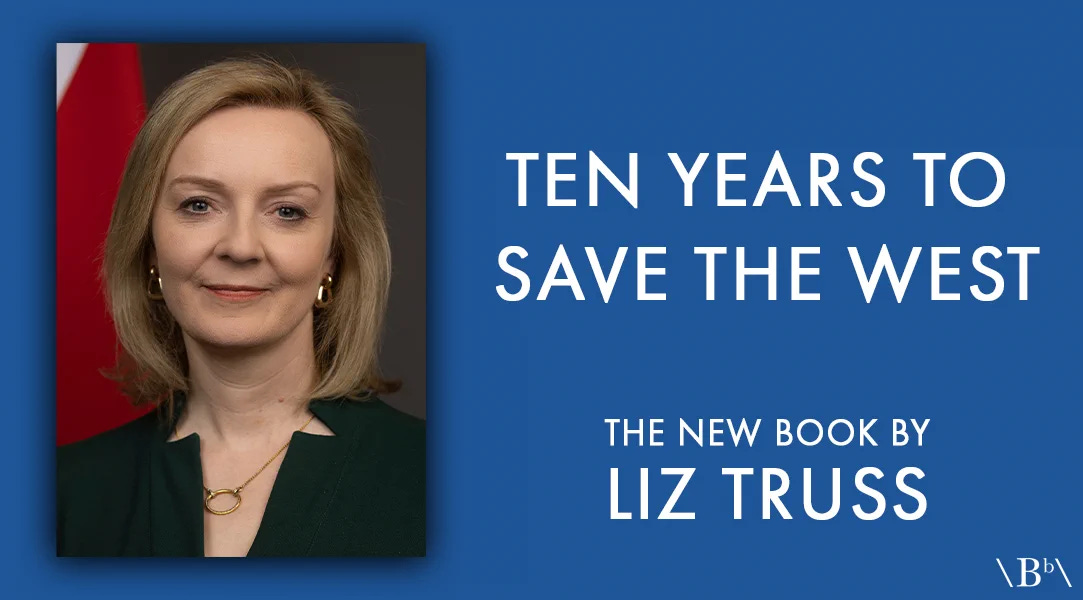WHN #1: Schools as the fourth emergency service
A new term has started, but the same problems persist
Welcome to the inaugural edition of the What’s Happening Now newsletter – your guide to the stories you might have missed, and the ones we think deserve more attention.
On The Pod This Week
For our first episode ever, Sam and James are joined by comedian Dora Flowers, and discuss some right-on progressive news out of Mexico, an intriguing new approach to drug treatment in Glasgow, and we find out why the government is trying to burst Nitrous Oxide’s bubble.
It might not have been for us, but it could be for you.
After all, if we only have ten years and it’s taking nearly a whole one to publish, surely it will be worth the wait.
Then for our main story this week, we’re talking schools…
The Big Story: Schools Under Pressure
September means back to school – unless the roof is in danger of collapse. But structural integrity shouldn’t be our only concern. That’s why we asked senior teacher and education influencer and advocate Bukky Yusuf to tell us what’s being whispered in the staff room as teachers start the new year.
Days before schools returned in England (and just before the RAAC situation came to light), a survey app called TeacherTapp posed the following question: How optimistic are you about the new school year?
Approximately ten thousand educators responded, with 57% sharing that they were ‘somewhat optimistic’ and ‘very optimistic’.
I voted that I am somewhat optimistic but I know that there still many challenges that teachers face. So I asked my teaching friends what was most concerning them.
Some of the responses I received included the following:
A return to the intensity of work
The difficulty of embedding routines
Worrying that you won’t have time for yourselves when you start
Information overload / cognitive load and workload
Budget pressures
Teacher recruitment and retention
Insufficient support for an increased number of students with Additional Learning Needs
These challenges are not entirely unusual, as many relate to the general return to school after an extended school break. But the Autumn Term is particularly challenging because it is not just colder, darker and the longest term of the academic year, but it also includes the month November, which many teachers believe is when behaviour gets worse in schools.
However, what everyone agreed was that there is also pressure on schools because of the twin elephants in the room.
Teachers on the frontlines
I can’t quite put my finger on how and why the pandemic changed things. What’s clear though is that across the board, our capacity and tenacity to roll with whatever is thrown at us has changed.
This is what made the heart-to-heart conversations with my teacher friends really enlightening. One told me that during the Autumn Term, it won’t take teachers long to be quickly reminded about how drained they felt in the run up to the summer break. As post-covid, resilience levels have changed. You have to work a lot harder, and balance mental stress with work. Staff have to give more to get things to a place where they need to be.
Even in good schools, things are not the same as they used to be. There’s a lot for people to deal with. Being a teacher is not always as rewarding as it should be. There are so many other levels of stress to deal with that you don’t need additional stress.
Evelyn Forde, a former head teacher, echoed the same argument in School’s Week. Back in February, explaining why she chose to leave the profession, she described how young people were left with a sense of “hopelessness”, and how schools are “seen as a fourth emergency service”, with the weight of responsibility for students falling on teachers.
Similarly, mental health issues in students (and staff) have increased significantly since 2020. Yet long waiting lists for CAMHS (Children and Adolescent Mental Health Services) referrals and appointments makes it challenging for schools to support young people with mental health difficulties or who are facing a mental health crisis. This is what made a recent Twitter post by another former head teacher, Ashleigh Pain so well received. He shared a list of Mental Health Support Charities for schools. These charities ‘offer quick and effective support whilst waiting for CAMHS appointments’.
In addition to this, a recent Guardian article shared that a key challenge for many headteachers is ‘getting children through the door’ at the start of this academic year.
After three years of constant interruptions to education, from lockdowns to Covid outbreaks and teaching strikes, attendance has crumbled. Persistent absence, defined as missing more than 10% of lessons, more than doubled from 8% of primary and 13.7% of secondary school children pre-Covid across England to 17% and 28% respectively in 2022-2023.
And what makes this situation more arduous, is that many of the young people not in school will be categorised as the most vulnerable.
The cost of living crisis
Then finally, we come to the cost of living crisis and the impact upon the students we teach.
Another recent Guardian article stated that, astonishingly, one in four teachers in England brought in food for hungry pupils out of concern for their welfare. And Reddit comments from teachers reveal that this issue is reflected across the country.
This is why initiatives like free haircuts for students provide a welcome relief for parents in Wales, who have to choose between paying for family groceries or haircuts for their children. It also indicates why learning in schools is becoming an increasing challenge. How can a hungry child be expected to focus on their learning?
However, it is not just students who are impacted by the cost of living crisis. Teachers are feeling it too. While there is a 6% increase in salary for teachers, the immediate question is how soon will this be reflected in their salaries?
Educators always aim to do the very best for the young people. And this can sometimes be at the expense of themselves. So ultimately, if these challenges are not recognised and addressed, we will continue to haemorrhage dedicated teachers from the profession.
Bukky Yusuf is a thought leader and Trustee who has worked for local authorities and secondary schools for two decades. She has undertaken leadership roles within mainstream and special school settings. She was appointed by the Department of Education as co-chair for the EdTech Leadership Group. In 2021, she co-edited ‘The Big Book of Whole School Wellbeing’.
Bukky’s recommendations for further reading:
School’s Week: We can’t tackle attendance if we don’t tackle poverty
Centre for Education and Youth: Navigating the tensions in our schools system
The Association of School and College Leaders’ Manifesto for the 2024 Election
TES: The brutal truth about education needs to be told again and again
Where Else Is This Happening?
Earlier this year, Richard Reeves gave this TED talk on his idea for tackling problems faced by men and boys - including in schools.
If you listened to this and thought ‘wow schools deserve better than Sam’ then, yes, you’re absolutely right. Sign up with Governors for Schools to see how you can help.
Every day, Magic Breakfast are feeding hungry children. You can help.






